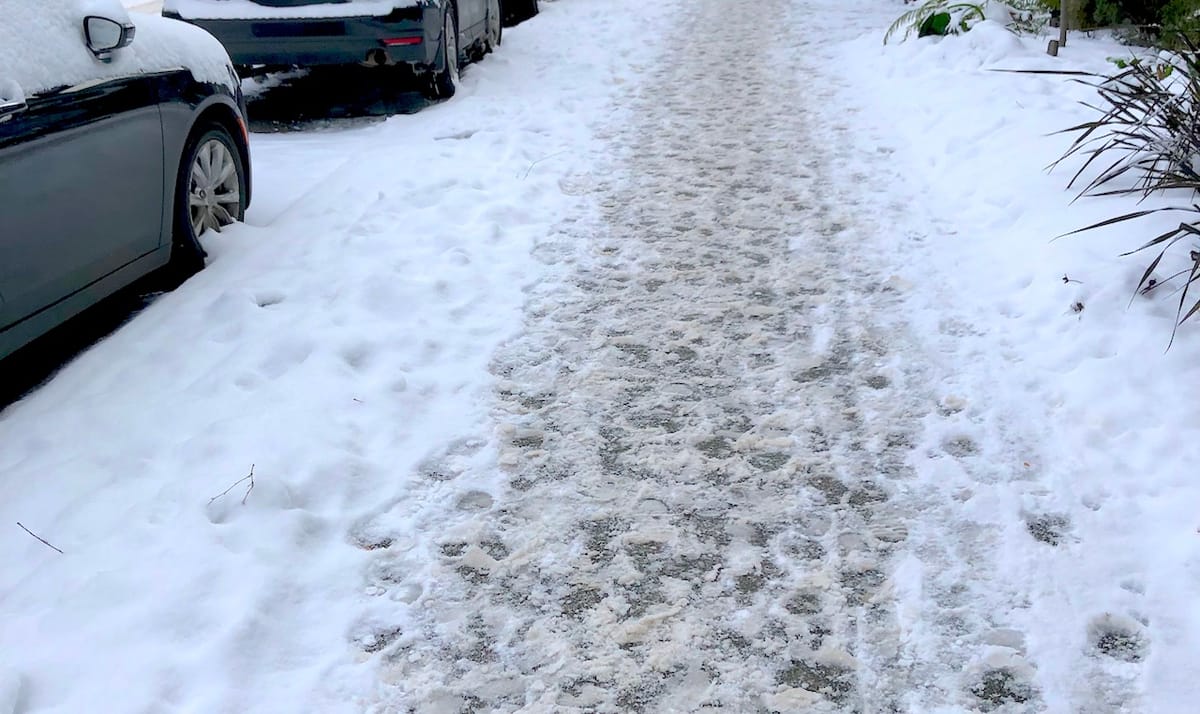aging gracefully

It feels great to be back and writing! I celebrated a milestone birthday earlier this month. I won’t say which decade I turned because I’m modest. That said, if anyone guesses “50” then I will be very distraught for a few hours. Over the last few weeks I had some great birthday moments: I moved to a new home, spent time with family and friends, and I felt more productive than ever. I also found myself thinking for a bit about getting older and all the pains and privileges that come with that.
I didn’t have queer elders when I was growing up. People with intersectional identities may know what it’s like to see aspects (but not all) of your identity modeled in the world. As a multiracial, multiethnic queer person, I often only saw glimpses of who I was in the people around me. I don’t know what my childhood would have been like if I had seen queer role models, either on TV or in real life. I didn’t need anyone to out me, but I do wish I had seen more people living their lives the way they wanted to.
what is the problem with elders?
“You get more conservative as you get older.” How many times have I heard this throughout my life? The theory goes that as people get older, they receive more money and begin to accumulate assets. They may buy a house and begin to fret about the growing criminal element in their neighborhood. Or for some, retirement looms and they grouch about high taxes for services they no longer use. This isn’t true for everyone, of course. I’m confident I can avoid this fate.
As I reach this stage in my life, it’s dawning on me that to some people, I’m the elder. I’m supposed to be modeling a life well lived, articulating to people younger than me how to achieve what I have. Today I’m going to offer advice to one person in particular: myself. Here are a few things I’m going to try keeping in mind as I ease into my elder years.
be suspicious of the familiar
Lots of people find comfort in what they’re used to. It could be their favorite spot on the couch. It could be the outdated policies and practices of their human resources department. While there may be comfort in the status quo, there’s also danger. I consider myself to be a pretty radical person. But my ideas are barely radical right now. I don’t know what the norms and values of the future will look like.
No matter what’s ahead, I will strive to be open-minded. In matters of policy and rules, I must decenter my personal tastes as the standard. Instead I may think, what is this unfamiliar idea? Does it liberate people? Does it contribute to the oppression of another? For the rest of my life, I must continue learning, doing, and advocating for my communities and more.
my experience isn’t universal
The story of my experience depends on a lot. The choices I make and the actions I take are unique to me. They are the result of me inhabiting this body, with all its advantages and differences. I navigate the world in ways that are different from the people I interact with each day. Where I see a fork in the road, others might see a single path. Others may see a multitude of directions to take, and others still may see no path at all.
Not everyone can apply my advice in the way that i applied it. When I do give advice, I’ll give it freely, without expectation or judgment. I might even learn something from whatever they choose to do.
don’t settle for less
I’m reading a book by Lama Rod Owens called Love and Rage. He’s in conversation with a fellow Buddhist teacher Kate Johnson. They talk about anger as a natural emotion. For people of color, and especially for Black people, white society vilifies and weaponizes anger. This causes some of us to tamp down or deny this emotion. Lama Rod says that anger, like all emotions, is pointing to something important. “Our anger is actually helping us to look at things that feel really off. I’m not angry for the hell of it.”
Through the years I’ve gained nothing by trying to minimize who I am and what I am feeling. Treating anger as an experience means excavating the feelings that lie beneath. When I get angry at an injustice, it’s not the anger that’s the problem. In that moment, it’s not the anger that must change.
dream, collaborate, act
Sometimes I worry that I don’t know a certain theory. I catch myself regretting that I didn’t find a specific framework sooner, especially if I could have used it for a job I was working on. The truth is I’ll never know everything. I’ll never read enough, attend enough conferences, learn from enough colleagues. But I will know what I know, and that holds a power that is unique to me.
I know what happens when we as a society dream too small. When we plan for the next fiscal year rather than dream of the near-distant future. As I get older, I grow bolder and wilder with my vision of the future. I believe in it because of the moderate success I’ve found pushing radical ideas. I know I can do more. I know we can do more.



